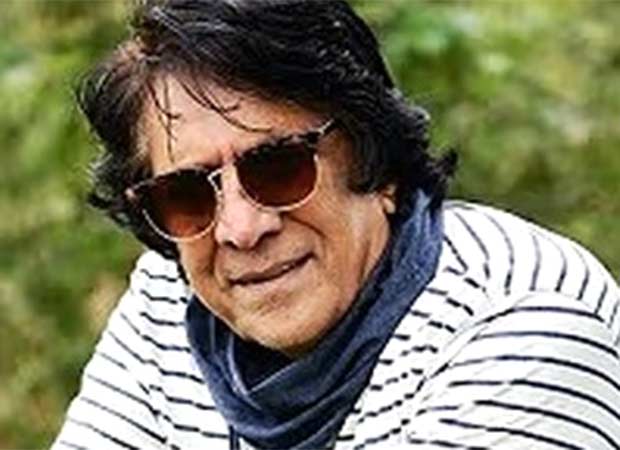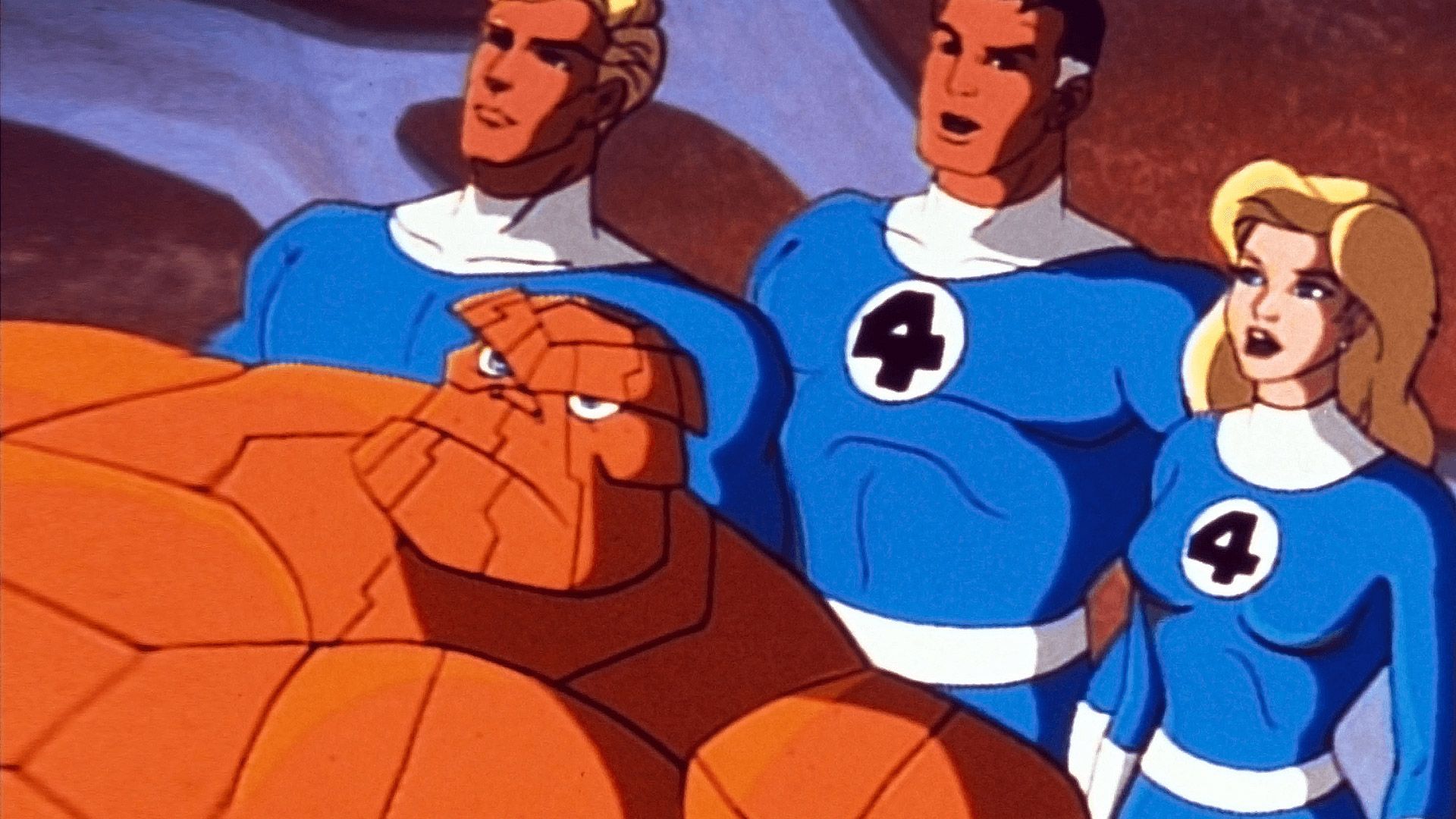Image was shared by Barun Sobti. (Courtesy: barunsobti_says )
New Delhi:
Gritty and granular in its exploration of the grey areas of fraught relationships, Kohrra, a six-episode Hindi-Punjabi Netflix series co-created by Sudip Sharma (Paatal Lok) and directed by Randeep Jha (Trial by Fire), puts Punjab’s social fault lines under the scanner and views them through the prism of multiple love stories dovetailed into a murder mystery.
Created by Gunjit Chopra and Diggi Sisodia, the Clean Slate Filmz-produced show revolves around two temperamentally dissimilar policemen investigating the violent death of a young NRI man days before his wedding and the simultaneous disappearance of his English friend.
Employing the tropes of an investigative thriller, Kohrra trains its focus primarily on dysfunctional families, complex relationships and varied shades of love manifested across the divides of age, class and sexual orientation and seen against the backdrop of drugs, gangsterism, patriarchy, problems of policing and a legacy of deep-rooted feudalism.
The series makes no bones about its genre trappings. The landscape that Kohrra explores crawls with drug peddlers and junkies, gangsters and contract killers, and rapacious real estate tycoons and their goons, besides other malcontents. But the narrative goes beyond the parameters of a police procedural to peep into the psyches of men and women whose lives have run into dead-ends.
While the two cops wade through the seamy underbelly of the terrain as they ferret for clues and suspects, the series uses slow-burn means to present a collage of riveting (and at times confounding and corrosive) tales of love and loss, envy and ennui.
Kohrra is peopled by scarred men and women – flawed fathers, squabbling brothers and alienated children driven to despair and grappling with the shrapnel of broken lives. The series pierces through the haze and darkness that surround a bereaved family as well as the two cops who are charged with getting to the bottom of the truth.
The two policemen are poles apart as individuals but they get along like a house on fire and share their fears and doubts about life and work with each other. Balbir Singh (Suvinder Vicky) is a jaded and cynical sub-inspector on the last legs of his career.
His assistant, Amarpal Garundi (Barun Sobti), a much younger man on a short fuse and given to strongarm tactics, is in the middle of what is his first major case. Both men have a point to prove and numerous hurdles to deal with.
A body with a slit throat and smashed head is found in a field. The discovery opens a can of worms. The police question the murder victim’s fiancée Veera Soni (Anand Priya). The interrogation leads the cops to a Punjabi rapper Saakar (Saurav Khurana), the girl’s ex-boyfriend. But Balbir quickly figures out that the two former lovers represent only the tip of the iceberg.
Kohrra isn’t focused on the murder probe alone. As Balbir and Garundi go about their jobs, the show takes a deep dive into their personal lives and comes up with stories about people who struggle to make connections with their near ones only to mess things up in the process, often beyond repair.
Shot by Saurabh Monga and edited by Sanyukta Kaza, Kohrra has the texture and pace that capture the arduous, agonising arc of Balbir and Garundi’s investigation, which is made all the more difficult by the many personal problems that the two men face.
The background score by Benedict Taylor and Naren Chandavarkar and the sound design by Mandar Kulkarni add meaningful layers to the multi-dimensional genre exercise.
Balbir’s unhappily married daughter Nimrat (Harleen Sethi) has no love lost for either her father or her estranged husband. You are poison, Nimrat says to Balbir when a crisis suddenly hits the family. Everything you touch is damaged, she adds.
On the professional front, too, Balbir has no dearth of reasons to feel frustrated. I am just tired of my failures, he says to Garundi. Balbir wants to turn things around, even if only a little, before he hangs up his police uniform for good. But he is under constant pressure from his bosses to close the latest case, not solve it.
The ageing cop develops a tenuous bond with Indira (Ekavali Khanna), a young widow who lives with her dementia-afflicted mother-in-law. But with her, too, Balbir has a backstory that is tinged with tragedy and guilt.
Garundi has his own set of entanglements. He is in a relationship with his sister-in-law (Ekta Sodhi), a facet of his life that inevitably hits turbulence when he begins to date a beautician (Muskan Arora) and decides to marry her.
One important thread of Kohrra centres on the family of the murder victim, Paul Dhillon (Vishal Handa). His overbearing father, Satwinder ‘Steve’ Dhillon (Manish Chaudhari), is at loggerheads with his brother Maninder ‘Manna’ Dhillon (Varun Badola) as a result of a land dispute.
Clara Murphy (Rachel Shelley, back in an Indian production 22 years after she played Elizabeth Russell in Lagaan), mother of the missing Londoner Liam (Ivantiy Novak), rushes to Punjab when she receives news of her son’s disappearance. As the police struggle to figure out what has happened to him, the grieving mom is as enraged as she is flummoxed by the alarming turn of events.
The climactic reveals and the denouement are built upon pieces of information provided as part of the narrative rather than on the findings of the police inquiry, which, to some viewers, might feel like a bit of a dampener. Kohrra nonetheless hits the right notes for the most part and that ensures that the telling social canvas on which constructs itself isn’t undermined.
The cast is one of the show’s principal strengths. Suvinder Vicky (from the non-mainstream Meel Patthar and Chauthi Koot), leading a bunch of performers we do not usually see in regular Bollywood productions, is outstanding as the seasoned cop toiling away without commensurate reward. Barun Sobti (who played a policeman in Randeep Jha’s Halahal, too) exudes tempered exuberance and provides the perfect foil to his stoic, brooding chief co-actor.
The script gives ample scope to Rachel Shelley, Harleen Sethi and Ekavali Khanna to make their presence felt. They do. Neither Manish Chaudhuri and Varun Badola have roles that allow them much footage but they make the limited opportunities count.
Besides assembling a piercing alternative portrait of a place that, in Hindi cinema, is often lost in a mist of cliches, Kohrra proves that conventional star power is a dispensable commodity when the script is allowed to take precedence over everything else.
Cast:
Barun Sobti, Suvinder Vicky, Harleen Sethi, Ekavali Khanna, Varun Badola
Director:
Randeep Jha






